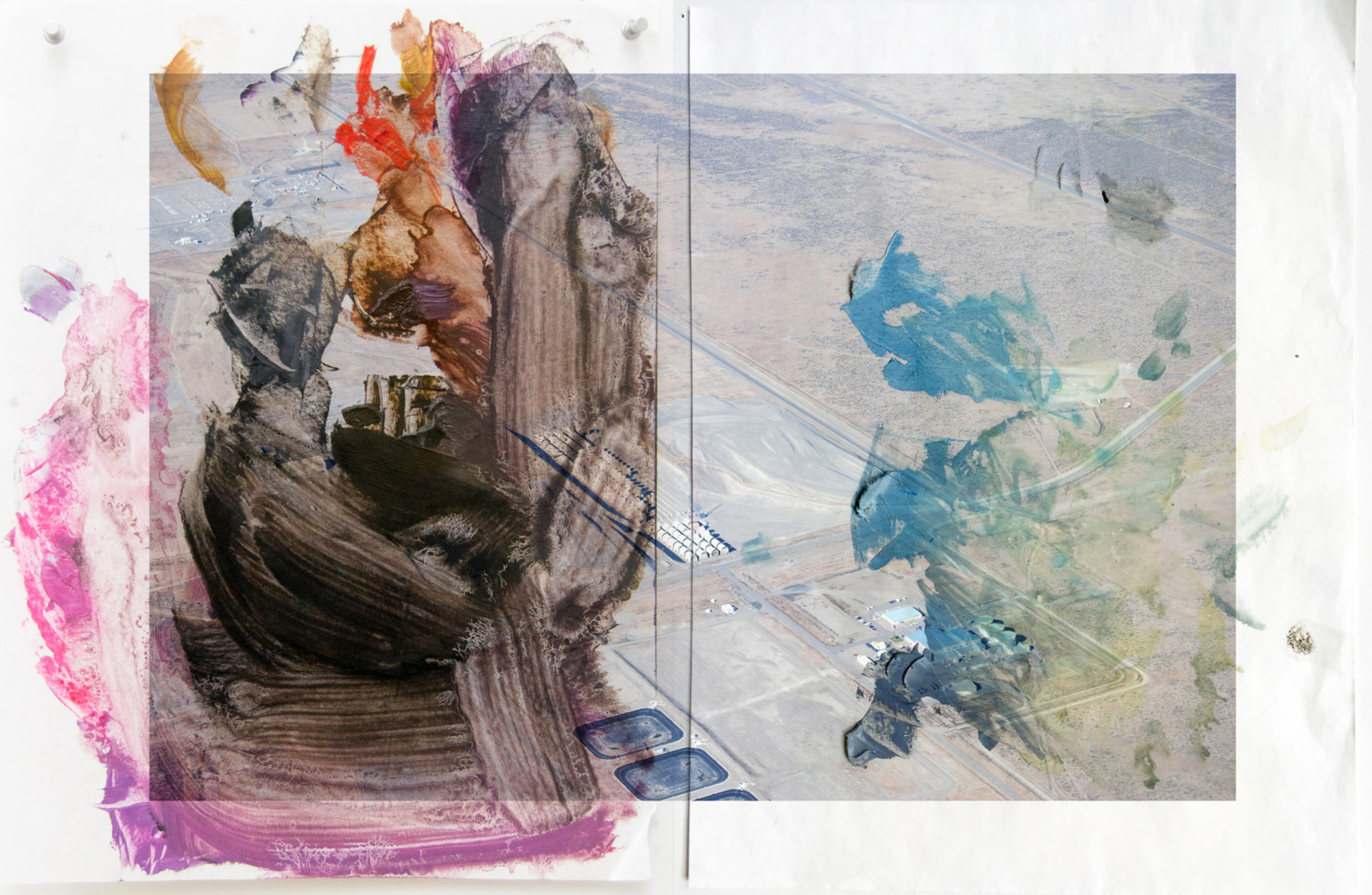by Shelley Benaroya
“Remember your Creator in the days of your youth…” – Ecclesiastes 12:1
for Murray Deutsch, 1911-1998
Remember your mother saying this, too, is wasted
on the young, teaching the illogical math
of loving-kindness, problems invited for bread
to the kitchen table or asleep in your bed
(the shoemaker’s wife that afternoon finagled from the asylum).
And what was stranger: hours before God rested,
what the grown men never saw, how she equated
the one with the six work days that made it holy: labor
forever in the service of rest, her poorly-
understood proof of what came after the pyramid
of eggs, the bathtub of carp, the live chickens rendered unable,
carried flights up to disappear from another Sabbath table.
What of the king who warned you to wise up and fable
your own dying, the day your son comes to your bed
and gives you the news, a boy’s treble
running scared through your calamity of voices, the shriek your disabled
lungs cannot silence? Then, what was easy becoming
myth:the playfulness that snuck up on unforgiving routines, bubbled
up as song at a critical point in the discussion, as amble
through the nervous crowd of your peers, irksome
to the old ones immune to hoofer’s delirium—
The body’s hard-earned delight from obedience to paso doble,
the spring of bossa nova now a labored
shuffle across the polished tiles to the bathroom door.
No, this is too much to ask of the sure-
footed. Only now that it’s certain you’re feeble,
will poetry use your unquiet thoughts to pour
fear down its dark, convoluting corridor
of words, will everything that’s been said
overwhelm you like humidity–the old metaphors
about the room that holds you captive, the front door
guarded by the sad women who are loath
to let you go. And pleasure’s loss in the wealth
of an ordinary day: the soft cast of yourself in clothes you wore,
yet another hour of being taken for granted, the tedium
of supper, the neither here nor there of your wife’s rhythms.
The sudden emphasis on wisdom
taxes each minute with more
than you know, more glum
friends who sit beside you and share their curriculum
of prayers. Your children, who read your winded body like a bible,
haven’t yet found in your particular passage some
lesson they’ve meant to learn, some rule of thumb?
So much talk has already been invested
masking the indecipherable dread.
Are you to believe words deliver the old some
promise more stunning than the truth?
Can they bear you like their invalid safely beyond breath?
Or, do they just make it harder to leave, stepping forth
as they do upon the dance floor of each ear drum
in search of a partner? Stretched forth
the arms that clasp the attentive youth
in every story you’ve told, pull him closer to whisper:
Don’t forget what to call this back and forth,
the exponential choreography of breath,
this work that is not work that enables
the heart to apprehend its troubles,
the seeds in their enthusiasm to set forth,
the poor mind to feed upon the crusty bread
of problems, and tender words to multiply in the head.
Remember your mother saying this, too, is wasted
on the young, teaching the illogical math
of loving-kindness, and her way of granting asylum
to the puzzled and frightened at her door
who, like you, rest their feet under the unsung legend of her table.
Shelley Benaroya is founding director and teaching artist for the Writing Center for Creative Aging (www.writingcenterforcreativeaging.com). Her poetry has appeared in all the sins, Diner, Ekphrasis, The Lyric, The Road Not Taken, Mobius, Thirteenth Moon, and elsewhere. In 2017, she received the Ekphrasis Prize and a Pushcart Prize nomination.
